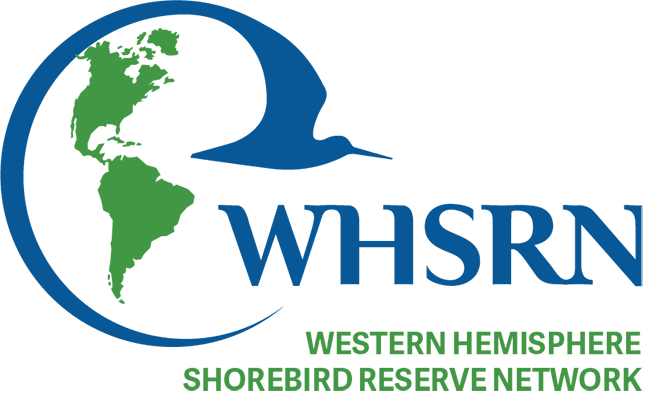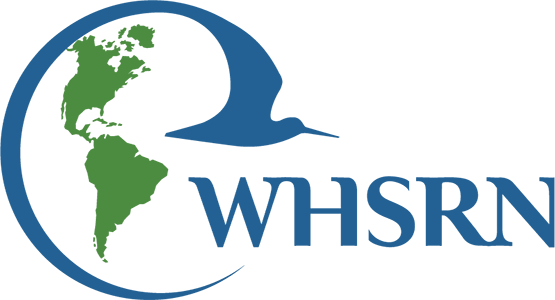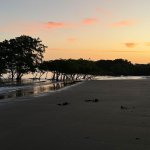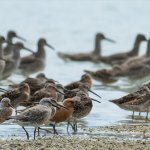The Executive Office of the Western Hemisphere Shorebird Reserve Network (WHSRN) proudly announces the designation of Bacia Potiguar as a WHSRN Site of Regional Importance. Covering over 8500 hectares, this coastal region in Brazil has been recognized for its vital role in supporting the conservation of migratory shorebirds, particularly the endangered Red Knot (Calidris canutus rufa). The site, the fourth in the country, supports more than 1% of the biogeographic population of the species.
Since 2015 SAVE Brasil has been monitoring Bacia Potiguar, revealing its importance as a stopover for numerous migratory bird species. During the austral spring and summer, the area is home to 20 Nearctic shorebird species and five local shorebird species. In addition to its ecological importance, Bacia Potiguar sustains various economic activities such as shrimp farming, sea salt extraction, fruit farming, and agriculture. Traditional communities in the region rely on artisanal fishing and shellfish gathering for their livelihoods.
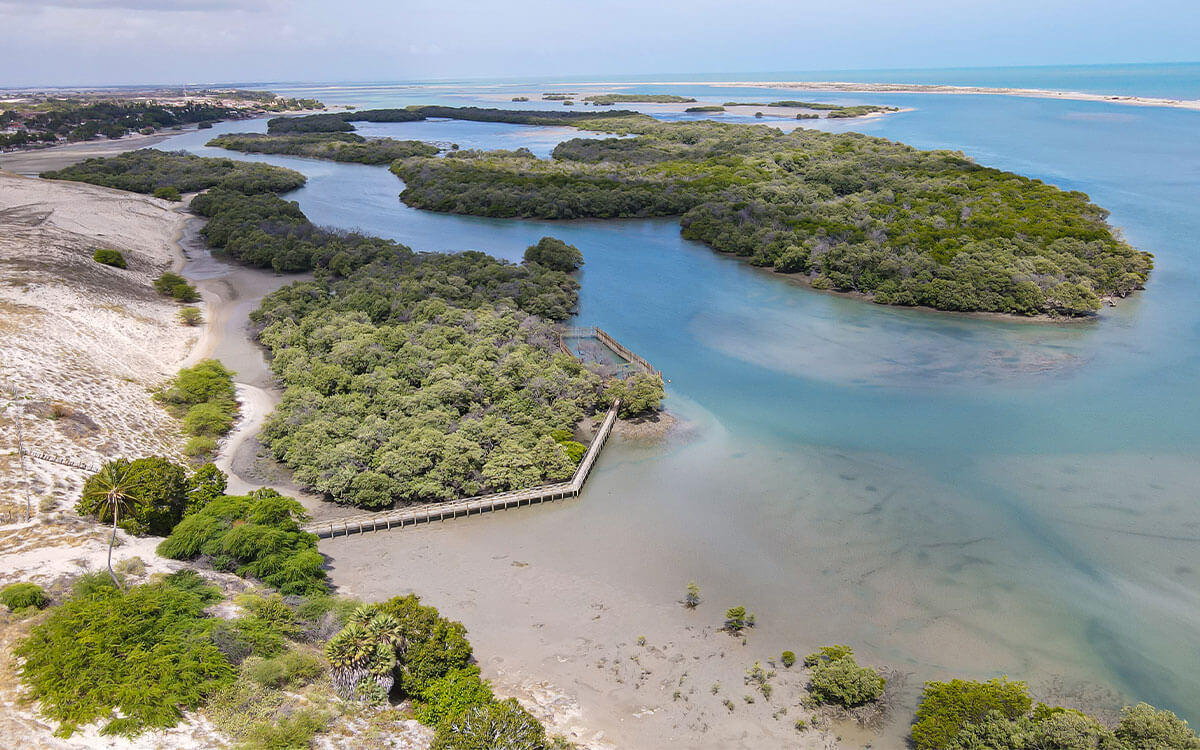
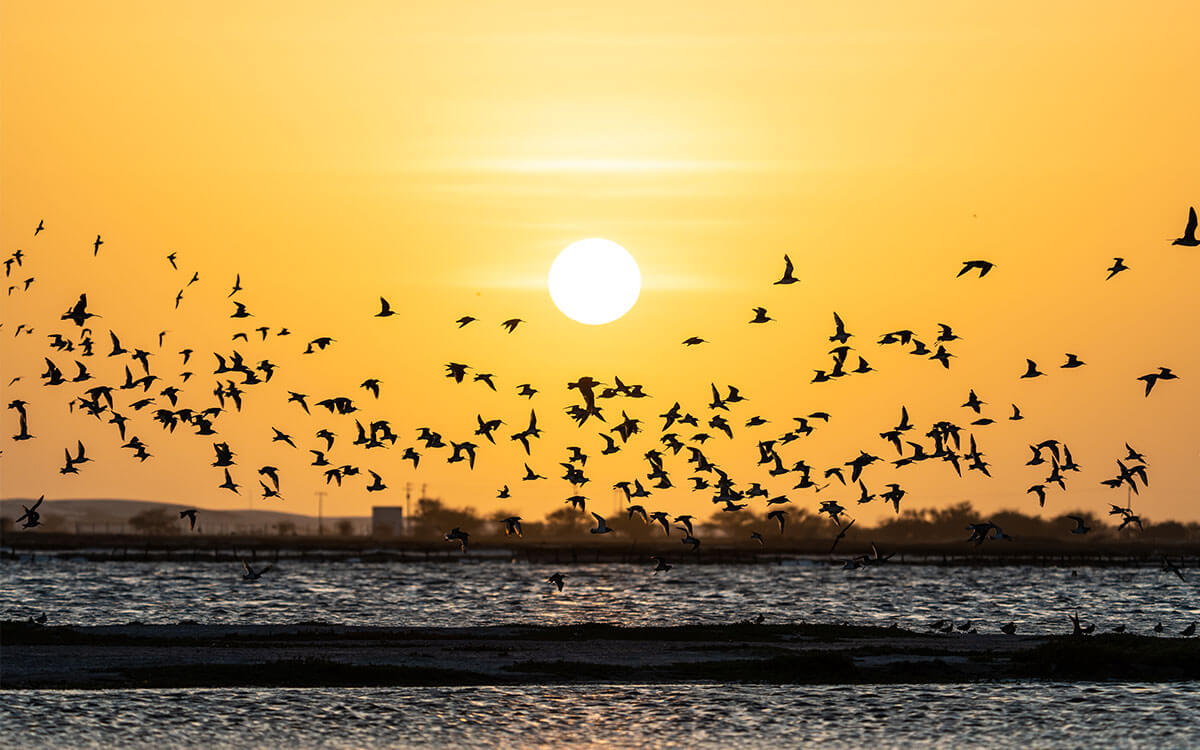
Left: An aerial view of Ponta do Tubarão Sustainable Development Reserve, part of the new WHSRN Site Bacia Potiguar. Right: A flock of shorebirds flying over Bacia Potiguar at sunset. Photos: Fabio Arruda.
A portion of the site overlaps with the Ponta do Tubarão Sustainable Development Reserve, a state-protected area in Macau City. Established in 2003, this reserve recognizes the commitment of traditional artisanal fishing communities to conservation efforts.
The designation of Bacia Potiguar as a WHSRN Site of Regional Importance underscores the collective commitment to preserving our natural heritage and ensuring the sustainable coexistence of wildlife and human activities.
With the addition of the Bacia Potiguar, the Network now has 122 sites in 20 countries, including four sites in Brazil.
Learn more about Bacia Potiguar in the site profile here
Cover Photo: A flock of Red Knots resting at WHSRN Site Bacia Potiguar. Photo: Jorge Dantas.


